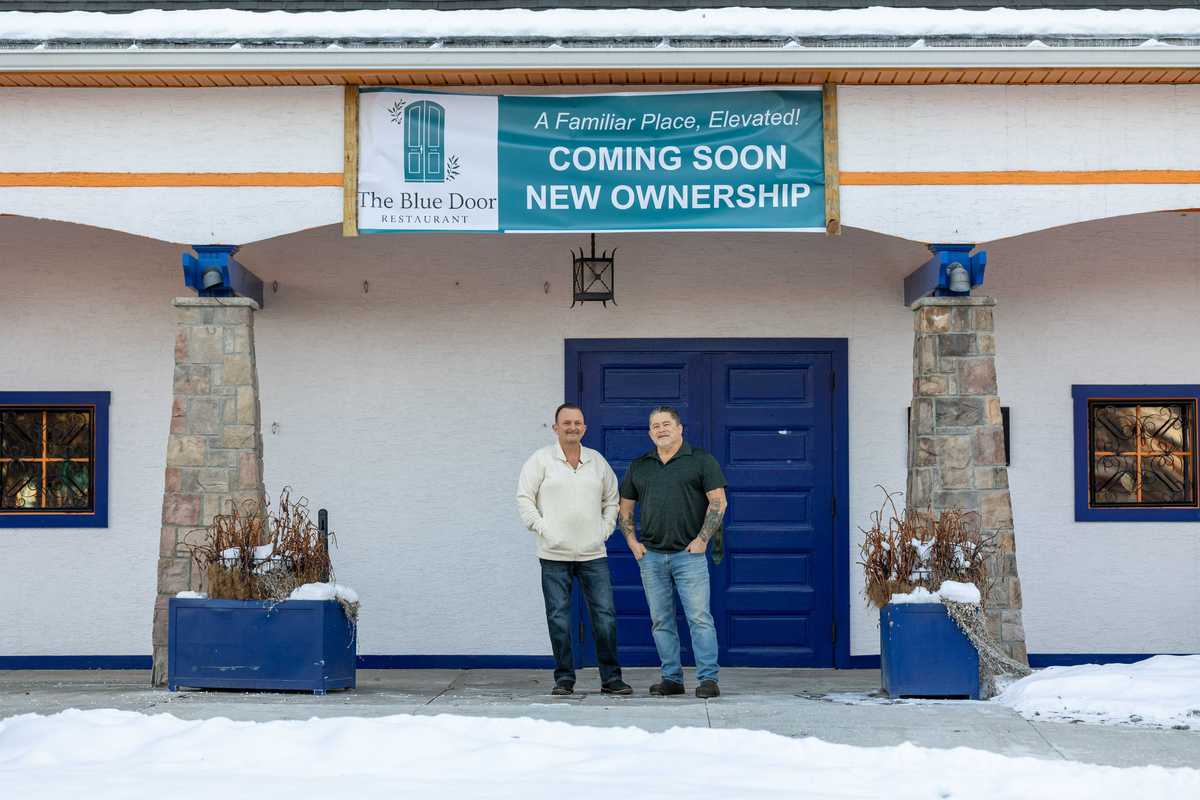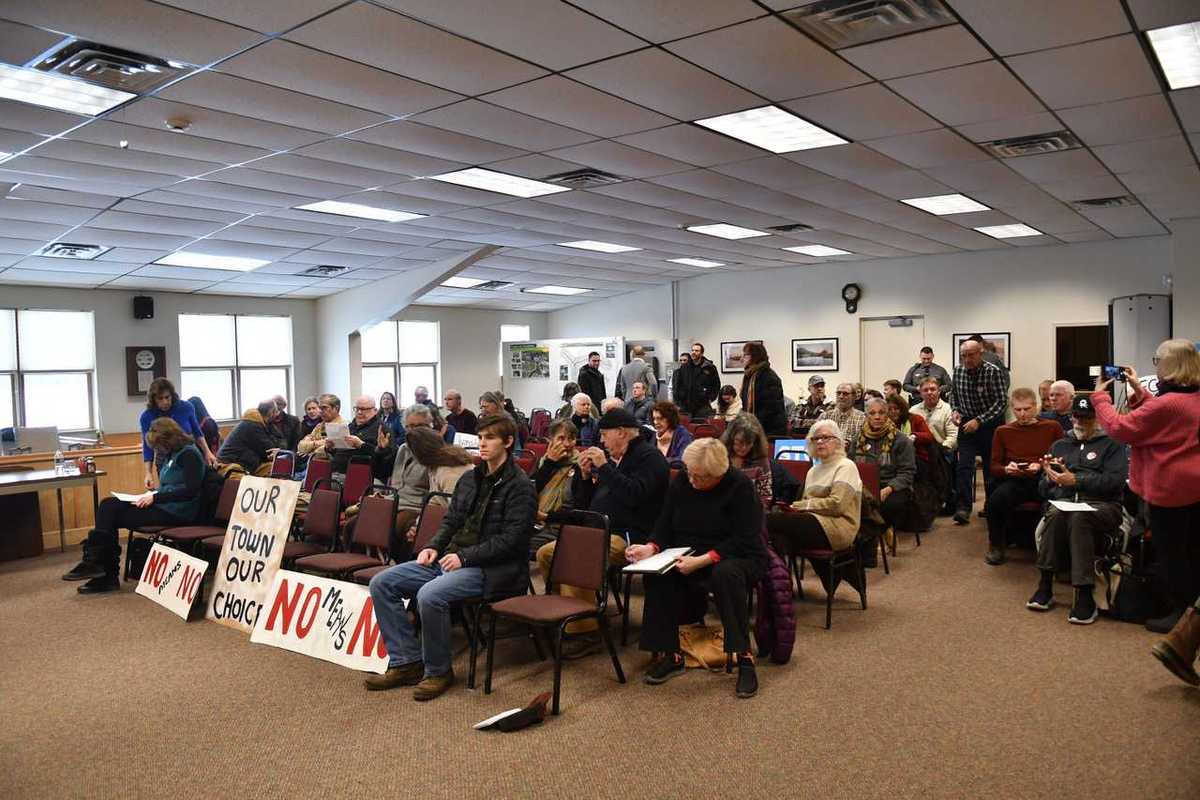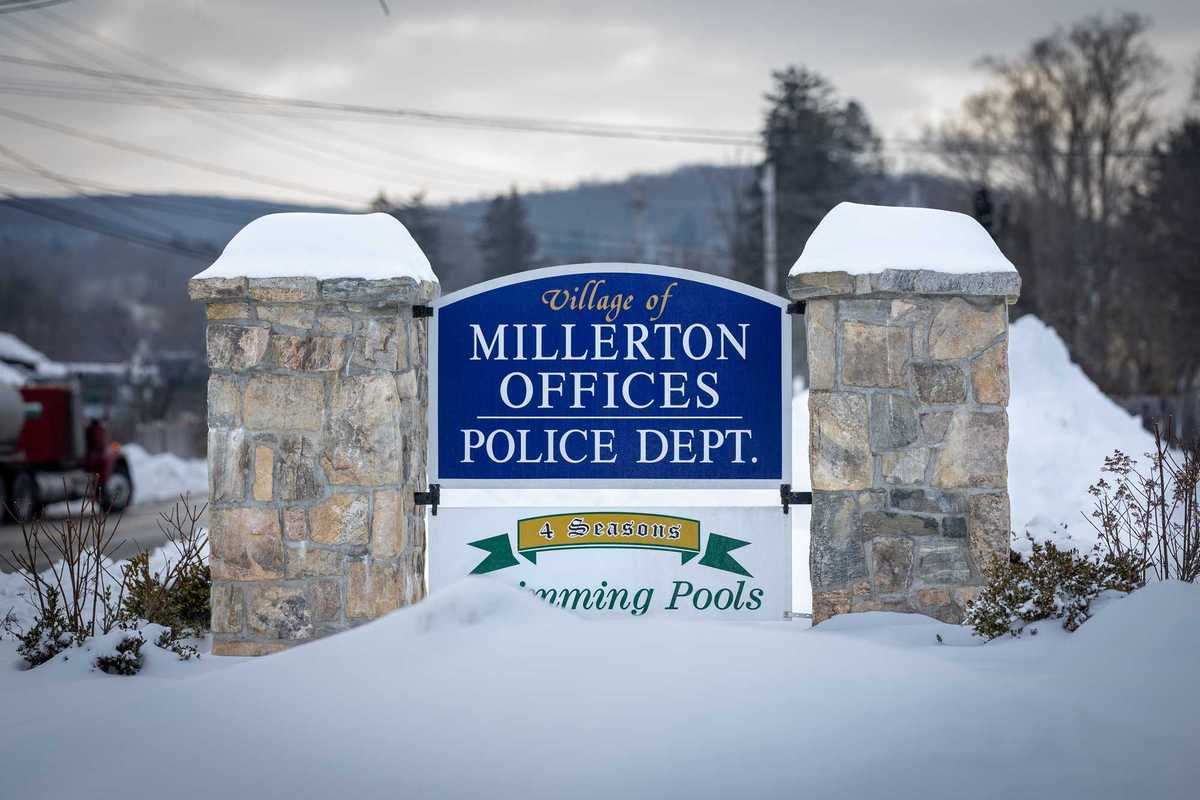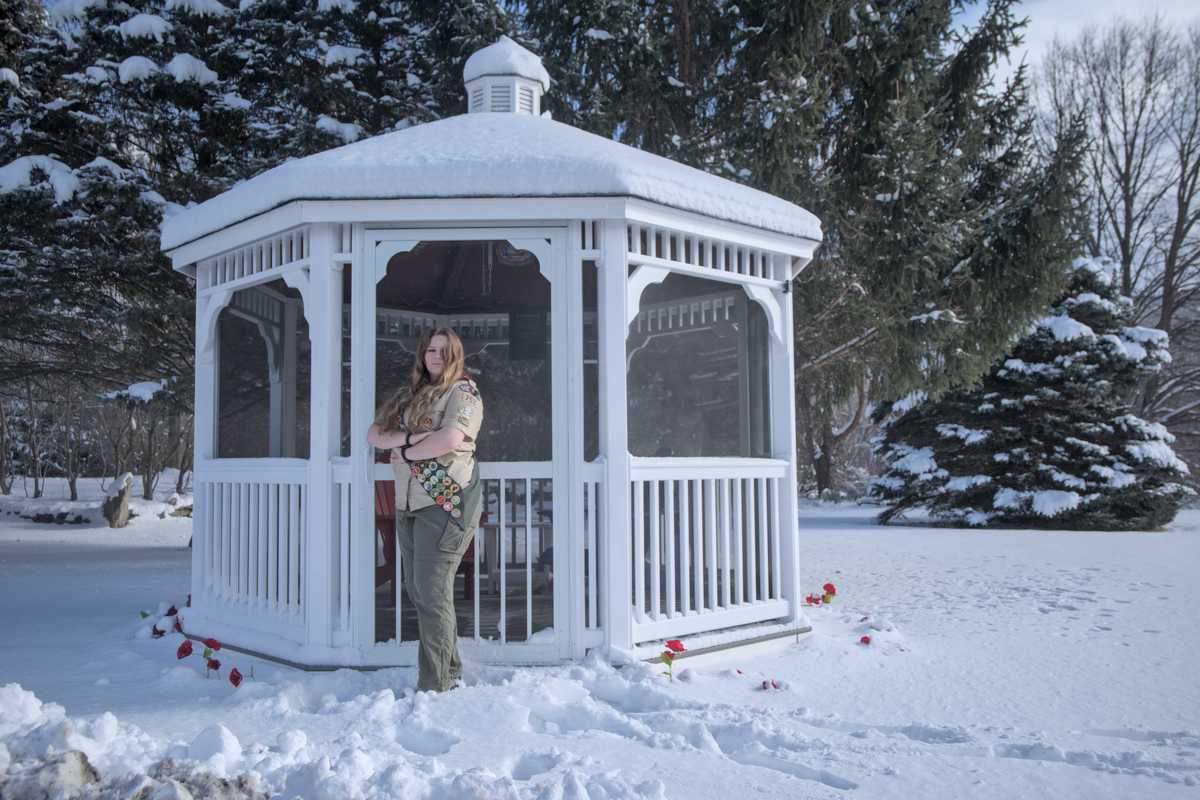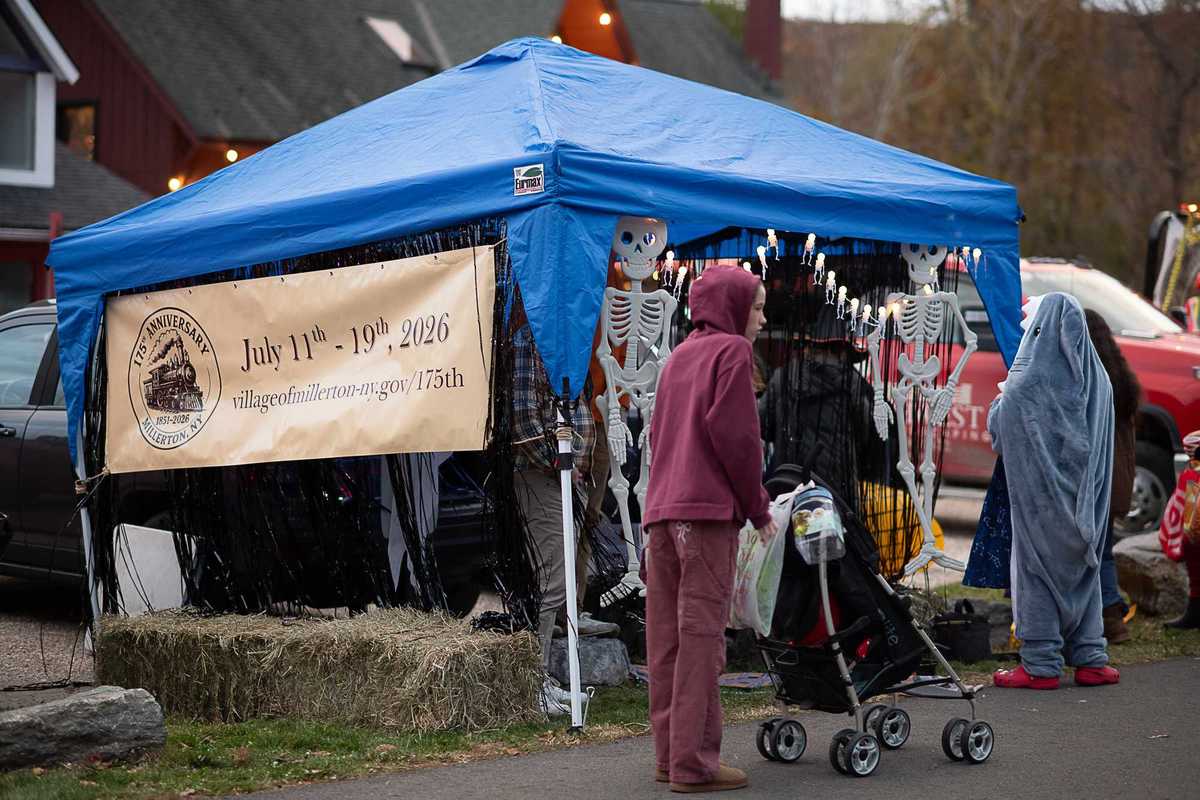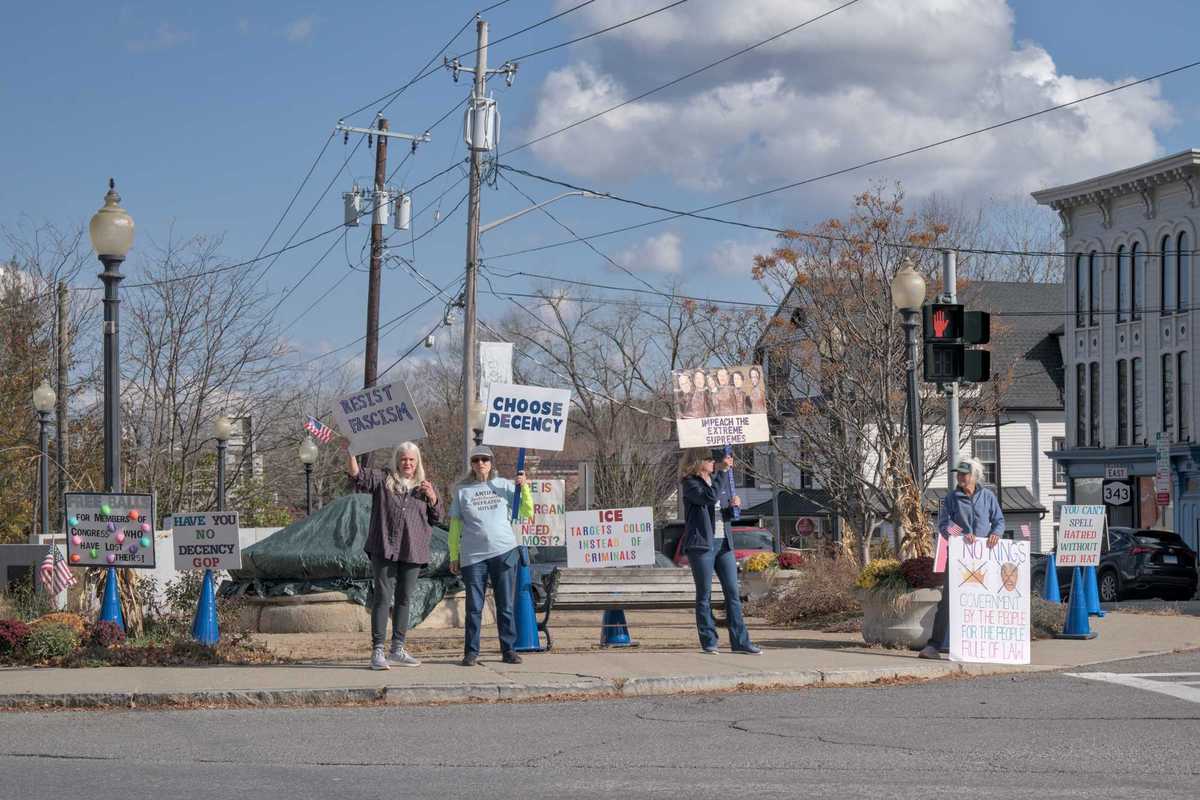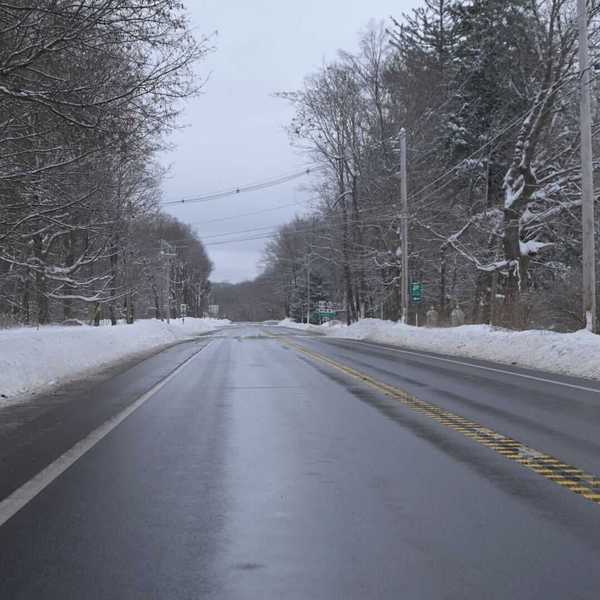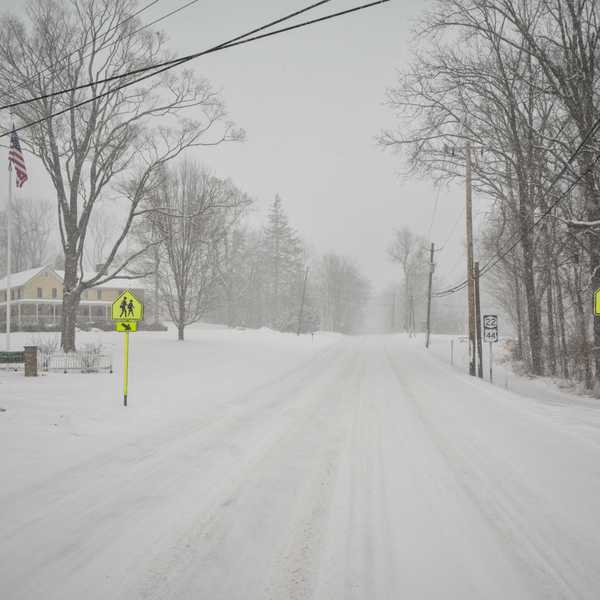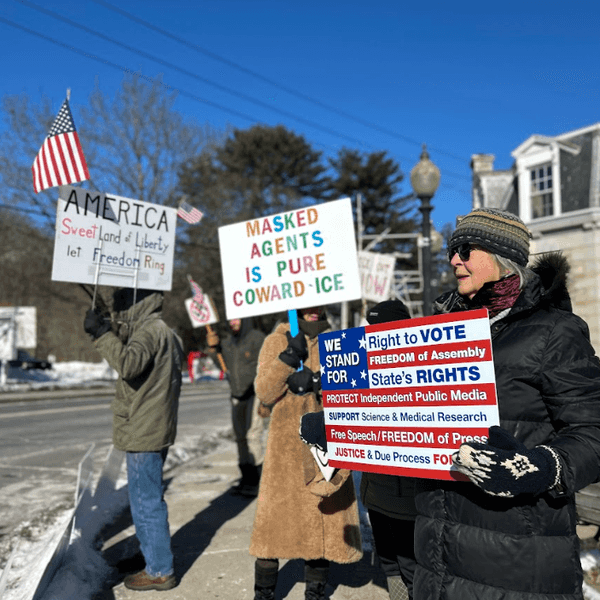Habitat for Humanity looks for answers to housing shortage
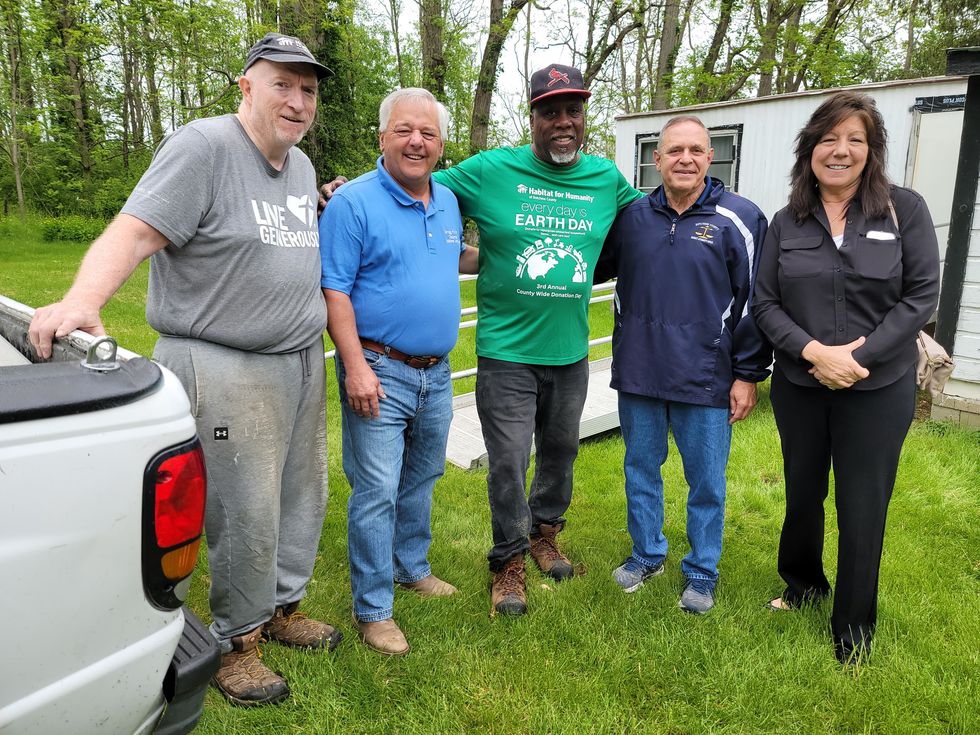
From left, crewmember Steve Kitson; Gregg Pulver, chair of the Dutchess County Legislature; construction director John Heard; Matthew Weishaupt, chief assistant district attorney for Dutchess County; and Sue Serino, former state senator, at a mobile home in Millerton where a wheelchair-accessible ramp was installed. The home is slated to be replaced in the near future with a new home by Habitat for Humanity.
Photo by Judith O’Hara Balfe

